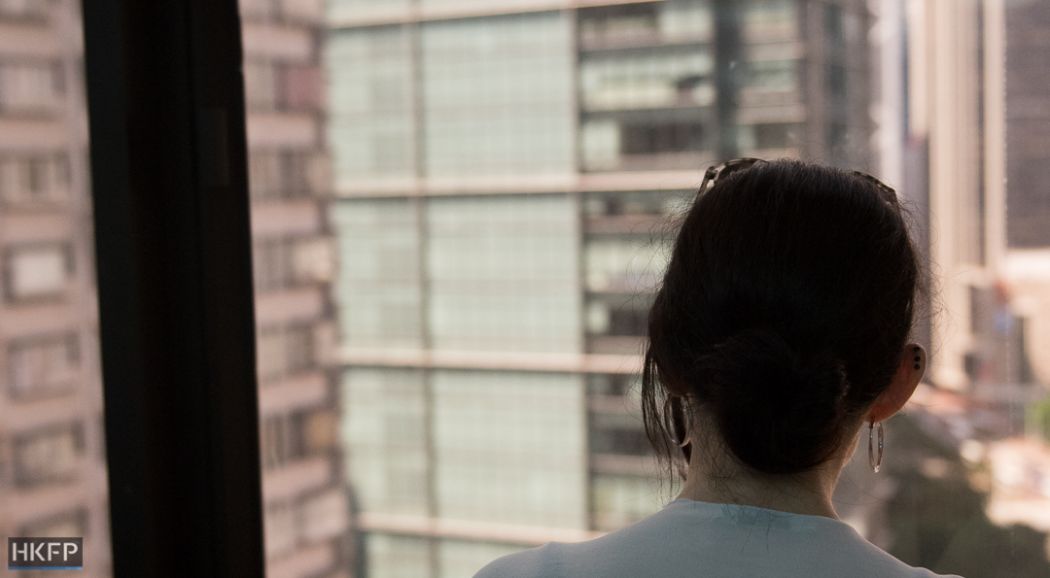The Court of Final Appeal has upheld a lower court’s judgment in favour of lesbian expat QT, affirming what legal experts deemed a “landmark decision” for Hong Kong’s LGBTQ community.
In a unanimous judgment handed down Wednesday morning, the court agreed with the Court of Appeal that the differential treatment towards QT – namely denying her a spousal visa on the basis of marital status – amounted to unlawful discrimination.

The legal challenge was launched by QT, who entered into a civil partnership with another woman, SS, in the UK in 2011. But when SS came to Hong Kong for work, the Immigration Department only allowed QT to enter the city on a tourist visa on the grounds that their same-sex union was not recognised under Hong Kong law. QT then challenged the decision by filing a judicial review.
See also: Hong Kong’s ‘blind spot’: A British woman’s years-long fight against the gov’t to stay with her wife (2017)
QT’s application was denied by the Court of First Instance in 2016. However, the Court of Appeal reversed the decision last September, saying that the Director of Immigration “failed to justify the indirect discrimination on account of sexual orientation.”
The Immigration Department filed an appeal against the Court of Appeal decision and the case was heard by Hong Kong’s highest court in June.
Discrimination policy unjustified
The main issue before the Court of Final Appeal was whether the government’s denial of spousal visas to same-sex couples amounted to unlawful discrimination, given that Hong Kong does not currently recognise same-sex marriage in the first place.

QT’s application turns on a three-step test often used by local courts to determine a policy’s legality. When the government treats a specific group of people differently, it must prove to the court that the policy has a legitimate aim, the measures taken are rationally connected to that aim, and that the measures are no more than necessary.
On Wednesday the court held that the visa policy failed the second step – “rational connection” – saying that there was no rational connection between the policy and the Immigration Department’s aims of attracting foreign talent and maintaining strict immigration control.
“It is at this point that the Director encounters major difficulties justifying the Policy. In cases like the present, the sponsor has been granted an employment visa presumably because he or she has the talent or skills deemed needed or desirable. Such a person could be straight or gay,” the court wrote.
Thus, the policy was not rationally connected – and was in fact “counter-productive” – to the aim of encouraging talent to join Hong Kong’s workforce.
‘Long battle’
In a statement, QT expressed her joy at being treated equally by the Hong Kong government after a “long battle.”

“Today’s ruling by the Court of Final Appeal affirms what millions of us in this wonderful and vibrant city know to be true, that discrimination based on sexual orientation… is offensive and demeaning – it offends against Hong Kong’s core values and undermines the rule of law,” she said.
Her solicitor Michael Vidler said that, in QT’s case, the court specifically said it was not deciding on the merit of same-sex marriage in Hong Kong, but he hoped it would “pave the way” for the legalisation of gay marriage down the line.
Concerned parties
Aside from LGBTQ activists, Hong Kong’s business community has also shown an interest in the case, stoked by fears that the Immigration Department’s policy will limit the pool of quality foreign employees.
Amnesty International along with 15 financial institutions and 16 law firms attempted to lodge documents supporting QT with the Court of Final Appeal, but their application was denied in May.
